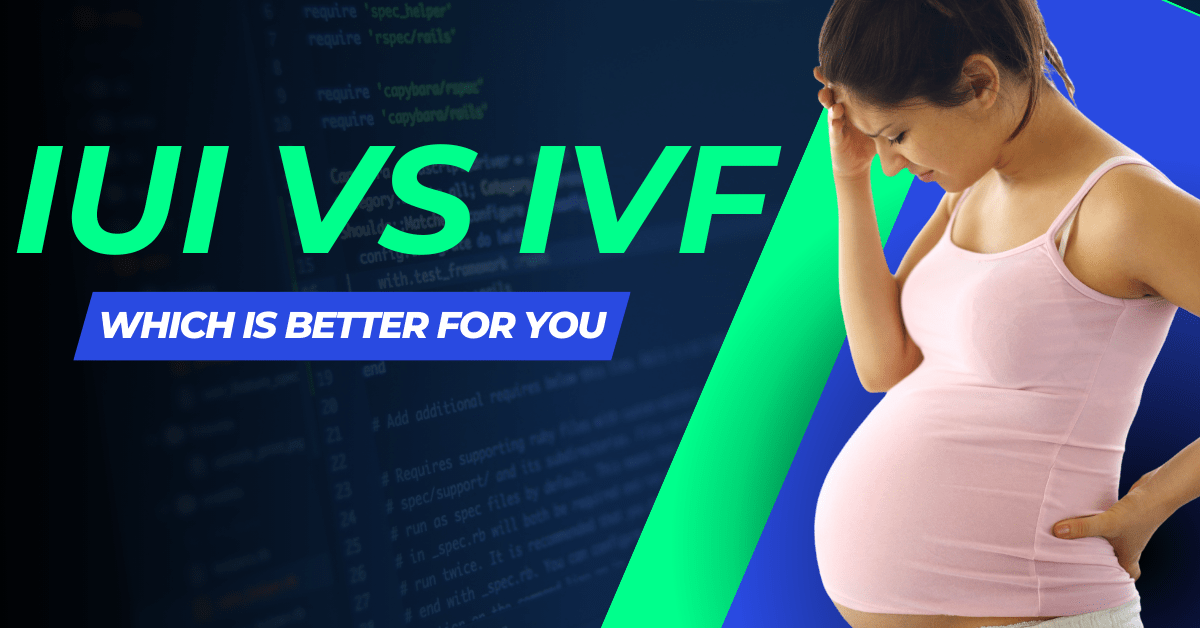The journey to parenthood can be filled with excitement, anticipation, and sometimes, a whirlwind of medical terminology. If you’re exploring fertility treatments, you might have encountered terms like IUI (Intrauterine Insemination) and IVF (In Vitro Fertilization). This article aims to simplify these processes, compare IUI vs. IVF, and empower you to make informed decisions based on your unique situation.
Understanding IUI: A Minimally Invasive Approach
Intrauterine Insemination (IUI) is a fertility treatment that involves placing specially prepared sperm directly into a woman’s uterus. This procedure bypasses the cervix, potentially increasing the chances of sperm reaching the fallopian tubes for fertilization. Here’s a breakdown of IUI:
- Suitable for: Mild male factor infertility, unexplained infertility, certain ovulation issues, same-sex female couples with sperm donation.
- The Procedure: Ovulation is monitored, sperm is prepared, a thin catheter is used to place sperm directly into the uterus.
- Success Rates: Average success rates are around 10-20% per cycle, influenced by age and underlying fertility factors.
- Advantages: Less invasive and expensive compared to IVF, relatively simple and well-tolerated procedure.
- Disadvantages: Lower success rates than IVF, not suitable for all causes of infertility, multiple cycles might be needed.
Exploring IVF: A More Complex Approach to Conception
In Vitro Fertilization (IVF) is a more complex fertility treatment involving several steps:
- Ovulation stimulation: Medications are used to stimulate the ovaries to produce multiple mature eggs.
- Egg retrieval: A minimally invasive procedure is performed using ultrasound guidance to collect mature eggs from the ovaries.
- Fertilization: Egg and sperm are combined in a laboratory setting to facilitate fertilization.
- Embryo transfer: One or more healthy embryos are transferred back into the woman’s uterus for implantation and potential pregnancy.
Here’s a quick comparison of IUI and IVF:
| Feature | IUI | IVF |
|---|---|---|
| Complexity | Less invasive | More complex and invasive |
| Cost | Less expensive | More expensive |
| Success Rates | Lower (10-20% per cycle) | Higher (30-40% per cycle for younger women) |
| Suitable for | Milder fertility issues | Wider range of fertility challenges |
Remember: This is a simplified comparison. Consulting a qualified fertility specialist is crucial to determine the most suitable approach for your individual needs.
Choosing the Right Path: A Collaborative Decision
The decision of whether to pursue IUI or IVF depends on several factors, including:
- Underlying cause of infertility: The type and severity of your fertility challenges will influence which treatment is most appropriate.
- Age: Age is a significant factor in success rates, with IVF generally having higher rates for women over 40.
- Medical history: Overall health and past medical history can play a role in treatment selection.
- Financial considerations: The cost of treatment is a crucial factor, and both IUI and IVF can be expensive.
Open communication with your healthcare team is vital. They can assess your individual situation, explore the most suitable options (including IUI vs. IVF), guide you through the process, and address any concerns you might have.
Free Second Opinion: Understanding your specific fertility health is crucial for making informed decisions. If you’d like a free consultation to discuss your options and explore personalized recommendations for IUI, IVF, or alternative approaches, visit our website at https://www.drmalpani.com/free-second-opinion to fill out a quick form. A qualified fertility specialist from our team will be happy to review your case and offer expert guidance on your path to parenthood.
Remember: Building a family is a personal journey. The path to parenthood may not always be straightforward, but with knowledge, open communication, and the support of qualified healthcare professionals, you can make informed decisions and increase your chances of achieving your family-building dreams.
Disclaimer: This article is for informational purposes only and should not be construed as medical advice. Always consult with a qualified healthcare professional for personalized guidance on your specific situation




No comment